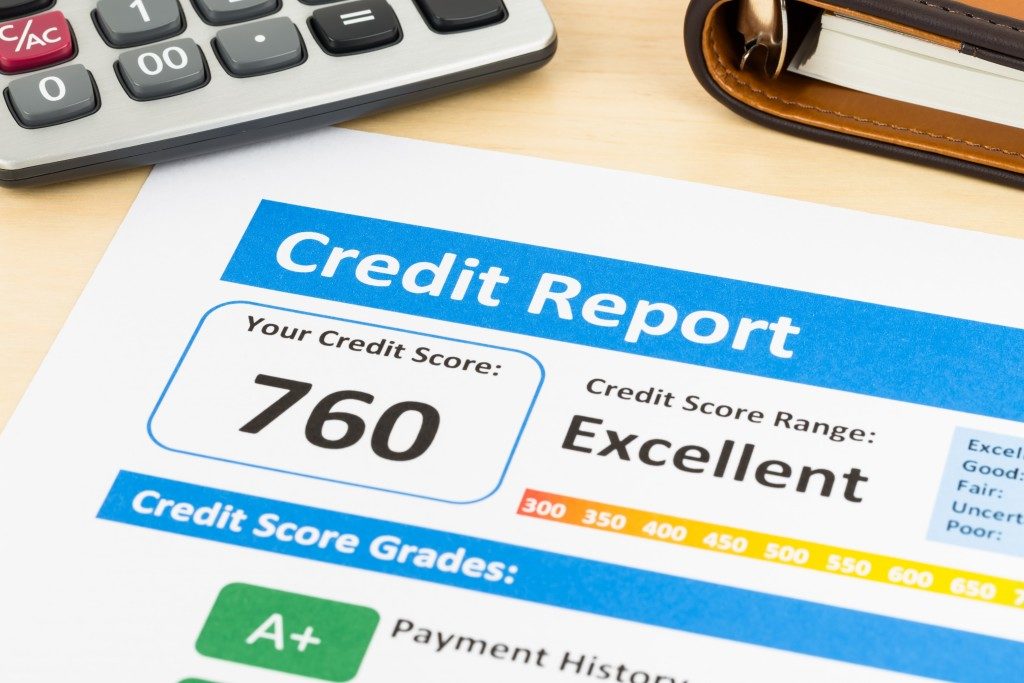When applying for a mortgage in the Beehive State, having excellent credit is not a requirement. However, it is the ultimate bargaining chip to negotiate for a favorable deal. FICO scores of 800 or more can boost your purchasing power, rendering the most beautiful new build homes in St. George, Utah, and other communities more affordable.
It is imperative to be aware of your exact credit scores before going rate shopping. In addition, ensuring that your credit reports from Experian, TransUnion, and Equifax, the three national credit bureaus, are 100% accurate matters. This way, you will know not only your creditworthiness but also your true capacity to handle your monthly mortgage payment.
Below are the things you should do to make sure your credit is ready for the biggest debt of your life.
Understand Credit Score Ranges
First and foremost, familiarize yourself with where credit score tiers begin and end. Otherwise, you would not know if you are just a few points away from moving up to the next range.
According to FICO Score 9, having a credit score of 580 will suffice for a poor-credit individual to belong to the “fair” class. A score of at least 670 is enough to make it to the “good” category while 740 is the ticket to the “very good” club.
But then again, your scores can vary from a credit bureau to credit bureau since each uses its own FICO-based model. Mortgage lenders generally pull a tri-merge credit report, a document that combines all reports from Experian, TransUnion, and Equifax.
If you are obsessed with what your prospective lender will see on your tri-merge credit report, you can subscribe to a 3-in-1 credit monitoring service. It lets you receive notifications 24/7 whenever there are changes in your credit.
Dispute Credit Report Mistakes

Being a model consumer means nothing if your credit reports themselves are inaccurate. From clerical errors to incorrect negative marks, all wrong items will shave points off your FICO scores.
When you spot something you want to be removed, contact both the credit bureau and the financial institution that reported it. The investigation should complete within 30 days, so you could expect your correction or deletion requested granted in just about a month unless your dispute is deemed frivolous.
If you disagree with the result of the investigation or you feel that it is not progressing at the right pace, consider reaching the Consumer Financial Protection Bureau. Submit your pieces of evidence to the agency to get the fourth-party review off the ground ASAP.
Make Sure You Have No Unreported Debts
Are some of your unpaid debts nowhere to be found on your credit reports? Look for closed accounts labeled as “charge off.” This derogatory mark means the debt’s creditor has considered it a loss or has closed the account for future use.
You may not feel pressured to repay your forgotten debts immediately, but they can be sold to another party when you least expect it. You should take it into account to calculate your debt-to-income ratio properly, or else you may fail to manage your mortgage repayment when your old financial obligations resurface to haunt you.
Your creditworthiness can make a difference between a high and a low mortgage rate offer. It is not the only qualification you need to worry about, but it is one that needs the most attention, and you can’t afford to overlook.

